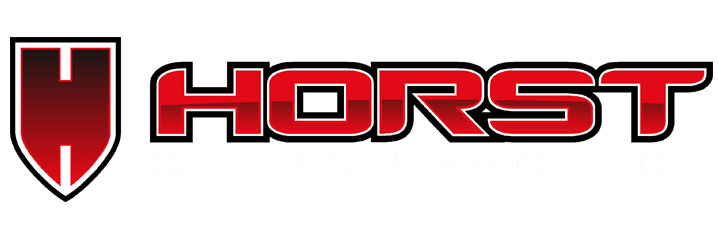The Keto Diet
When patients come to Dr. Nathen Horst, they’re sometimes surprised by his holistic approach to health. He offers chiropractic care for pain relief, as well as advice on diet and exercise for total wellness. This approach has helped Horst Chiropractic build a reputation in Temecula, CA for quality care and improved patient health.
A number of patients have asked Dr. Horst about the keto diet and if it works. We’d like to look at the basic principles of the keto diet, the benefits and risks involved, and whether or not it’s a good option for you.
The Basic Principles of the Keto Diet
Also known as the ketogenic diet, the keto diet is a low-carb/high-fat diet that’s intended to help you lose weight and burn body fat while lowering insulin levels and blood pressure. It’s similar to the Atkins diet and other low-carb diets.
By reducing your carbohydrate intake and replacing those carbs with fats, your body enters a metabolic state referred to as ketosis. While in a state of ketosis, your body becomes extremely efficient at burning fat as fuel. In addition, your liver converts this fat into ketones, which helps provide energy for your entire body, but especially your brain.
Breakdown of a Ketogenic Diet
There are different types of ketogenic diets out there. The standard keto diet is the one you have probably heard the most about. Here is a breakdown of the standard keto diet in terms of fat, protein, and carb intake:
- Standard Ketogenic Diet – 75% fat, 20% protein, 5% carbs
If you’re an athlete, in training, or extremely active, there is also a high-protein version of the keto diet that will help fuel your workouts:
- High-protein Ketogenic Diet – 60% fat, 35% protein, 5% carbs
The ratios can be modified depending on your needs and activity level. Regardless of the variants, you can see that carb consumption is kept extremely low.
Key Foods and Drinks in a Keto Diet
If you are on a ketogenic diet, your meals will typically be comprised of the following foods:
- Red meat
- White meat
- Fatty fish
- Eggs
- Cheese
- Nuts
- Seeds
- Avocados
- Low-carb vegetables
- Butter
- Cream
As for beverages, you’ll want to stick to water, unsweetened beverages, and non-alcoholic drinks.
Foods to Avoid
While on a keto diet, you should avoid the following foods and beverages:
- Bread
- Pasta
- Rice
- Cereals
- Fruit
- Root vegetables
- Beans
- Legumes
- Candies and sweets
- Soft drinks
- Sweetened beverages
- Soft drinks (including diet soda)
- Alcohol
The Benefits of the Keto Diet
The benefits of the keto diet include:
- Weight loss
- Body fat reduction
- Lower blood pressure
- Improved insulin sensitivity
- Improved mental focus
- Better appetite control
- Calmer stomach
The Risks of the Keto Diet
While the keto diet has great benefits, it does come with some drawbacks. These risks include:
- Kidney stones
- Constipation
- Low blood sugar, with added risks for diabetics
- Nutritional deficiencies
- Higher cholesterol
- Loss of muscle mass
Is a Ketogenic Diet Right for Me?
Remember that not every nutrition plan is right for all people. While some people may achieve their weight loss and wellness goals through a ketogenic diet, it may not be the right option for you.
Be sure to discuss any sort of diet plan with your physician or with Dr. Horst. We can offer some insight on what may work best for you given your fitness and wellness goals.
Learn More about Improving Your Overall Health
For more information about the keto diet and other ways to eat healthy that may be right for you, be sure to contact an experienced chiropractor and wellness specialist. The team at Horst Chiropractic is here to help.


